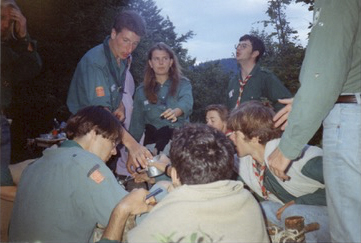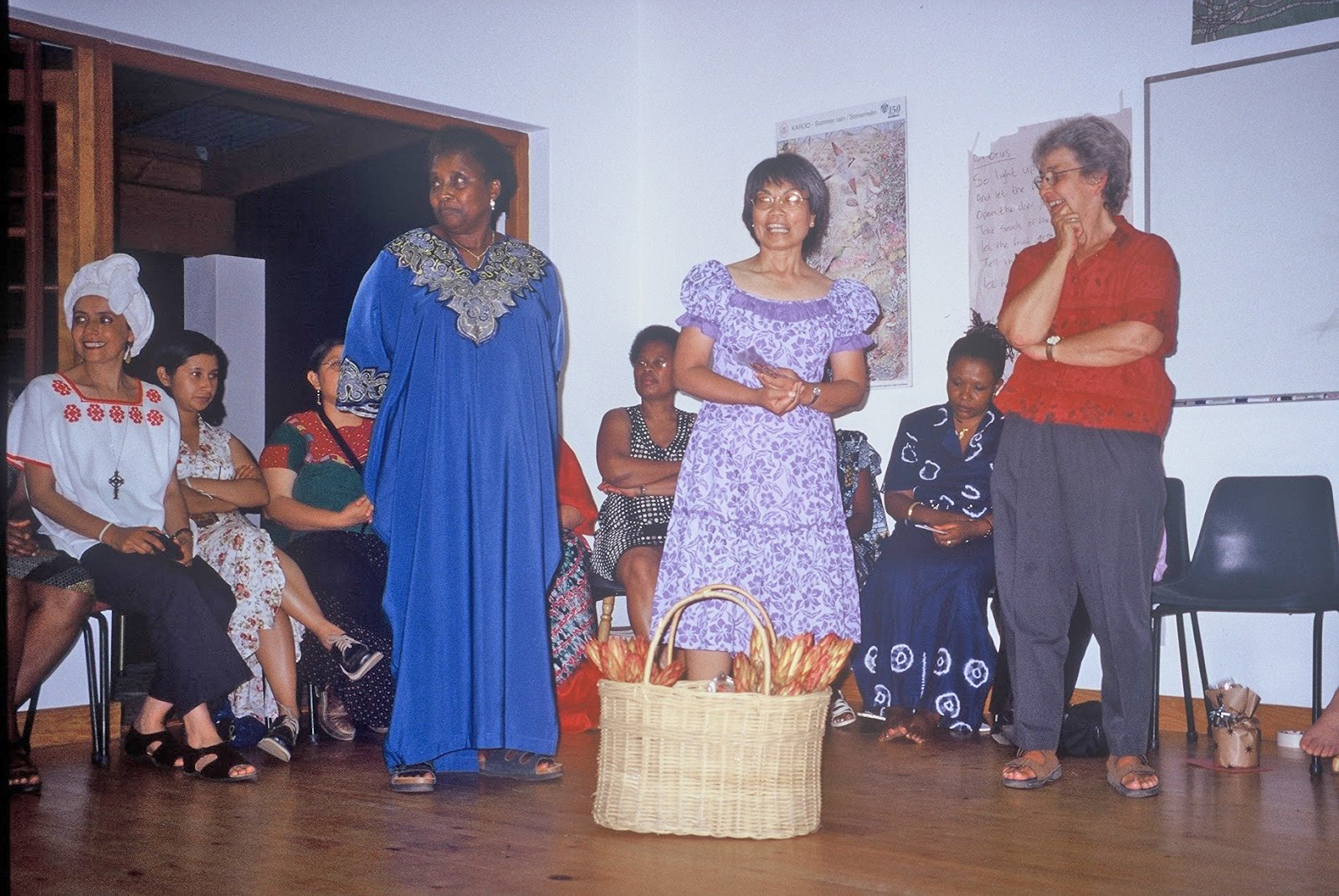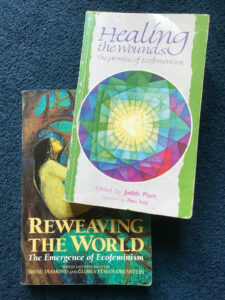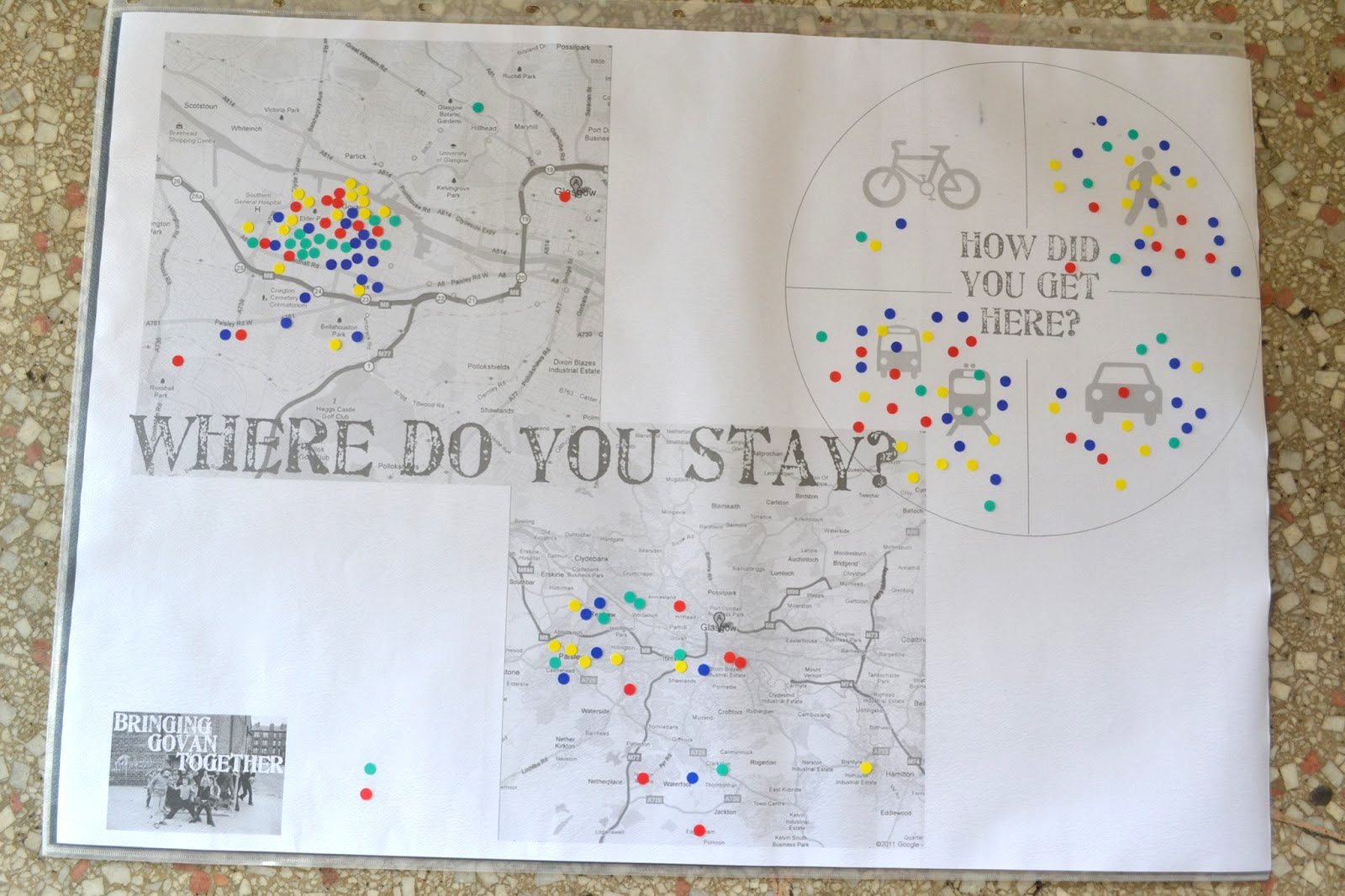It has been a while since I last wrote. Several weeks got absorbed in traveling to France to undergo surgery and recover from it. Then, it took several more weeks to write this piece and feel settled enough to post it.
There’s vulnerability in writing on the topic of liberation for reasons that I hope will become clear as you read on. Yet, it is central to my life trajectory and I am excited to see what unfolds from making this deep interest of mine more visible.
There’s a big learning curve, I find, in talking and writing about this in ways that connect. Skillfully bridging the personal (including spiritual issues) with the political is in itself a challenge. Weaving in threads that explore the roots of violence, the oppression of women and children, racism, the destructiveness of capitalism, climate change and more, whilst in the same breath wanting to stay anchored in soul space, love and the sacred, seems like an impossible project.
Nevertheless… let me give it a try. One chunk at a time.
In the Nonviolent Global Liberation (NGL) project which I am part of, liberation is core to our purpose.
Erica Sherover-Marcuse (wife of Herbert Marcuse) defines it as “the undoing of the effects and the elimination of the causes of social oppression.” It’s the guiding star of all our work in NGL: we aim that all our ideas, practices and experiments contribute one way or the other to:
“A world in which we all value people and life and participate in a flow of generosity. A world where sharing our gifts and the mundane tasks of life are both done with wholehearted willingness, free of coercion. A world where attending to everyone’s needs is the organizing principle.”
This is our vision. It’s ambitious, and our name reflects it. When I look around me and at what’s happening in the world, I can’t find anything more meaningful, energising and hope-giving than being with others in this project.
Long before I encountered Nonviolent Communication, and shortly after that, the work of Miki Kashtan (from which was born the NGL experiment), I was engaged in projects that aimed to tackle the oppression of women, the reality of poverty and racism, and environmental issues. Being involved in the movement towards ‘liberation’ is therefore not new to me, although I haven’t been very vocal about and therefore visible for it. I suppose one reason for this is that I don’t easily fit the category of ‘activist’. In parallel and looking back at it, I have also long been involved in the inquiry of what makes me/us more fully human. From this, I hold in myself and put into practice two facets to liberation: one is liberation from the impact of oppression and violence. The other is understanding and nurturing the conditions that allow our full humanity to flourish, in community with others and including its spiritual aspects.
I am about to turn 50 and for the first time attempting to articulate my commitment to liberation. Looking at life events – past, present and future – through this particular lens is now deeply ingrained in my bones. Yet, it’s clear to me that liberation is almost absent from collective and individual consciousness. When it is present it tends to focus around specific political struggles or movements (e.g. Che Guevara, the Zapatistas or ‘liberation theology’). Just this past week, I did a search on a new social platform called “Clubhouse” using key words such as “nonviolence” and “liberation”. I was astonished at how little came up. What’s going on here?

In this first part, I want to focus on the path that took me there (even if it took me time to consciously embrace liberation as a path) as well as nonviolence, which I see as deeply intertwined with it. In the second part, I’ll go into the tricky exploration of what, I believe, lays at the root of violence and oppression, why it’s so hard to name and engage with it, and perhaps why liberation as a concept and a practice seems so invisible to those actively searching for solutions to our current crises.
So let’s start with ‘the personal’.
I’ve long been interested in understanding the roots of violence and oppression. I grew up in Africa until the age of 17 and in a family where both Gospel values and an orientation to social justice shaped my life and the lives of many in my family. My parents themselves were involved in the post-independence efforts to address the needs of the poorest in African societies we lived in. A strong ethic of service was permeating the culture within which I grew up. I and my siblings for example happily took part in scouts activities from an early age, which included a practice of care for others and nature. My father was the head of the protestant church’s scouts movement in France in his early career. Being a scout leader runs down generations in the family and I occupied this niche for a while too in my late teens and when at university.
 So, whilst I was clearly applying my social concern as a youth leader, it remained within the comfort of my social class but was nevertheless very formative. As an aside, I still love spending time around the campfire and wandering in nature.
So, whilst I was clearly applying my social concern as a youth leader, it remained within the comfort of my social class but was nevertheless very formative. As an aside, I still love spending time around the campfire and wandering in nature.
Soon in early adulthood, my eyes turned to other geographical and social locations. I became very interested in the role and impact of women worldwide, especially in poor countries, in bringing about change in their communities. This crystalised around the time I was about to graduate from my agricultural and economics studies, wondering where life would take me next and not finding many appealing options as to where to launch in the world of work. It was September 1995 and the Beijing world conference on women was happening. I read several stories that deeply inspired me, revealing women’s engagement against oppressive patterns in their societies. It appeared that my call was to dedicate my life to working with and for women out of a conviction that we were key to ending violence and entrenched patterns of inequality. I had the vision to work on the international scene and in situations of endemic poverty. I figured out I first needed to perfect my English and therefore left for Ireland in early 1996.
There, and whilst working in what was then one of the poorest areas of Dublin, I encountered the work of Brazilian educator Paulo Freire, author of “Pedagogy of the Oppressed”. It was in the context of a training workshop for people involved in community development, anchored in “Freirian pedagogy” and called “Training for Transformation”. Though I’ve never been interested in formal politics, the words ‘roots of violence’, ‘oppression’, ‘conscientisation’ and ‘social change’ really struck a chord. Training for Transformation, in its Freirian pedagogical approach and other strands of philosophy, politics, economics, cultural studies, and spirituality, had a profound influence on my life.

Picture: Adelina Ndeto Mwau, Rebecca Macugay, Sally Timmel and participants of the first Training for Transformation diploma course in which I took part in 2002, Kleinmond, South Africa
My path didn’t take me to the field of ‘international development’ after all but to Scotland instead where initially and for several years, I stayed true to my calling of working with women in low income neighbourhoods. Through my engagement with the Centre for Human Ecology (CHE) and my relationship with writer and activist Alastair McIntosh, I started to read ecofeminist thinkers, deep ecologists and feminist theologians, whilst facilitating events anchored in Training for Transformation. One fun and challenging thing to do was to teach an evening class on ecofeminism in Edinburgh in the late 1990s. I also remember presenting a session on eco-theology as part of a module on liberation theology that I attended at the University of Edinburgh. One of my fellow students said, “you are good at teaching” or something like this. It touched a chord and fed my calling to facilitate spaces for transformative learning.

All of this naturally led me to familiarise myself with the concept and legacy of patriarchy. However and amongst my other interests in life, added to the fact that I am far more a practitioner than a scholar, it took a long time for the question of the origins of violence and all forms of oppression to become a well articulated inquiry. It also took a while to realise and make sense of how I unknowingly participate in the diminishment of others’ humanity due to my privilege as well as the subtle but tangible impact of internalised oppression due to my gender and I would argue, growing up in the kind of society that we have created after millennia of human evolution.
I’ll dedicate part 2 of this piece to this exploration, as there’s a lot to digest in this first part already and I want to create space to breathe before diving deeper. Let me finish first by naming a few threads that illustrate where my calling has taken me in the last 15 years or so. I expect to come back to some of them in future posts.
As named above, one thread has been to become aware of how the “causes and effects of social oppression” live in me; in other words, how I have internalised this whole phenomenon. That’s the piece around privilege and ‘internalised oppression’ which is particularly difficult to talk about because the language is so off-putting to many, and may also trigger strong feelings. My inner work on this is ongoing and I’ll happily explore aspects of it at other times.
Still in the personal arena: struggling with pain for years led me to dive deep into inner and spiritual resources to nurture choice, learn radical acceptance (over time!) and lean on interdependence for support (see my previous posts). None of these qualities were a strong part of my ‘operating system’ and I can thank the pain to force me to stop and reassess what it meant to be fully human when default patterns (such as relying on ‘doing for belonging’ for example) weren’t easily accessible.
Another thread, many years ago, took me to work on the legacy of racism in Scotland with partners from black and ethnic minority communities (now known as BIPOC – black indigenous and people of colour). I feel called to do more in this area and have in mind to offer a course in the future on white privilege and racism in Scotland.
 In the same vein of engagement at the grassroots, I took part in a 3 year partnership project in Govan, where I live, around community resilience in the face of climate change.
In the same vein of engagement at the grassroots, I took part in a 3 year partnership project in Govan, where I live, around community resilience in the face of climate change.
A last example is connected to my current work to support collaborative leadership in teams and organisations. Some key challenges here involve talking about and addressing the roots of conflict and low individual and collective capacity in those teams, questioning the impact of authority-based structures despite narratives of collaboration and autonomy, and experimenting with practical solutions to align internal organisational or group processes with purpose and values.
Looking back at the last 2-3 decades through the lens of liberation as I am writing this piece, I am celebrating the coherent picture that is emerging. It’s a bit mysterious how things unfolded, considering the countless other options that were available to me, and the lack of a ‘strategic’ plan, one thing leading to the other organically. The common expression would be that I followed my heart, or whatever else was at play. In any case, I’m called to honour the mystery, celebrate living a meaningful life in a world full of meaninglessness and stay humble as much as I can: the work of liberation is far from over!